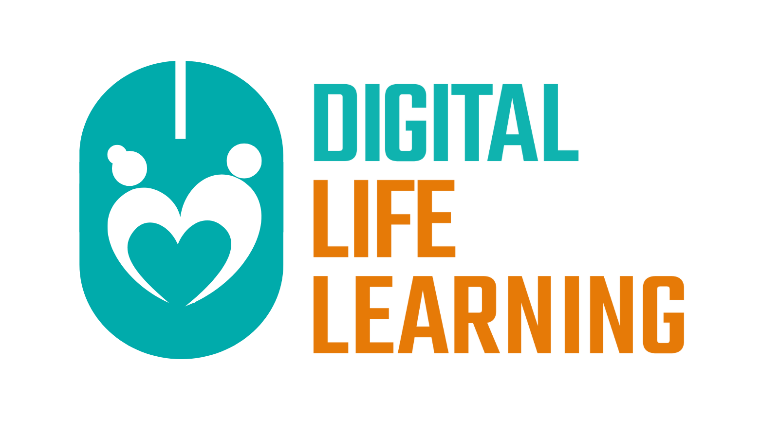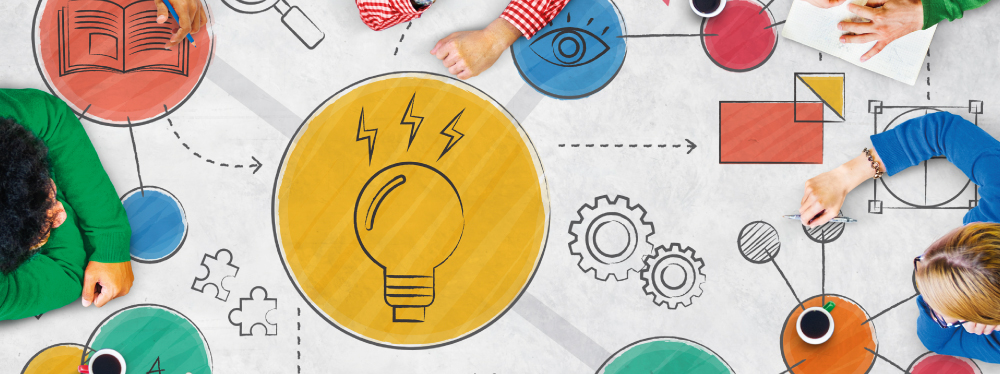DigiLife
Digital Life Learning
Challenge
Older adults suffer from social isolation and this is the primary detrimental cause to their overall health and care. This consideration has been even more evident during the isolation imposed by the COVID-19 pandemic. To improve this situation, we believe that dialogue, contact and interaction between generations can play an important role in realizing a sense of dignity and happiness at various levels. For this reason, we want to equip older adults with digital skills to feel more included and independent in society at various levels and not only for health and care management.
The challenge arises to promote digital transformation in order to trigger the development of digital readiness, resilience and capability.
Solution
The aim of this project will be to act at the level of prevention and inclusion by providing older adults with lifelong learning tactics and strategies. At the same time, provide university students with tools and competences (hard and soft skills) to train older adults for digital empowerment. This will allow them to have a first professional experience (recognized with a micro-credential system) and to have a real human contact with a generation with which ties have weakened.
Objectives, Activities and Results expected / achieved
DIGILIFE aims to be a first test of transnational cooperation to obtain a set of methodologies and technical tools specifically designed for the dissemination of digital skills, today more essential than ever, for a delicate target of society, such as people over 65, who have more difficulty in finding the appropriate training.
Through its activities, the consortium aims to produce, during and at the end of the project, the following results:
1. Needs analysis to assess the specific wishes and needs of older adults ((now available here);
2. A methodology to transfer knowledge to trainers and older adults;
3. A digital skills manual and toolkit;
4. A micro-credential recognition system for students;
5. Evaluation of methods and tools applied in different EU countries.

Project Reference
2022-1-IT02-KA220-ADU-000088024Funding

Intervention Region
Italy, Portugal, Greece and SpainTotal Investment
250.000,00IPN Investment
36.600,00Total Eligible
250.000,00IPN Eligible
36.600,00EC Funding – Total
250.000,00EC Funding – IPN
36.600,00Duration
26 MonthsStart Date
2022-11-01End Date
2024-12-31Approval Date
2022-08-31Consortium
Fondazione GaragerasmusInstituto Pedro Nunes
Plataforma Del Voluntariado de España
People Behind
Universita Degli Studi Di Roma Tor Vergata
Caritas Diocesana de Coimbra
Website
https://garagerasmus.org/project/digital-life-learning/Keywords
Training;Older adults;
Toolkit;
Digital einclusion;
Young students;
Microcredentials;
Digital transformation.










